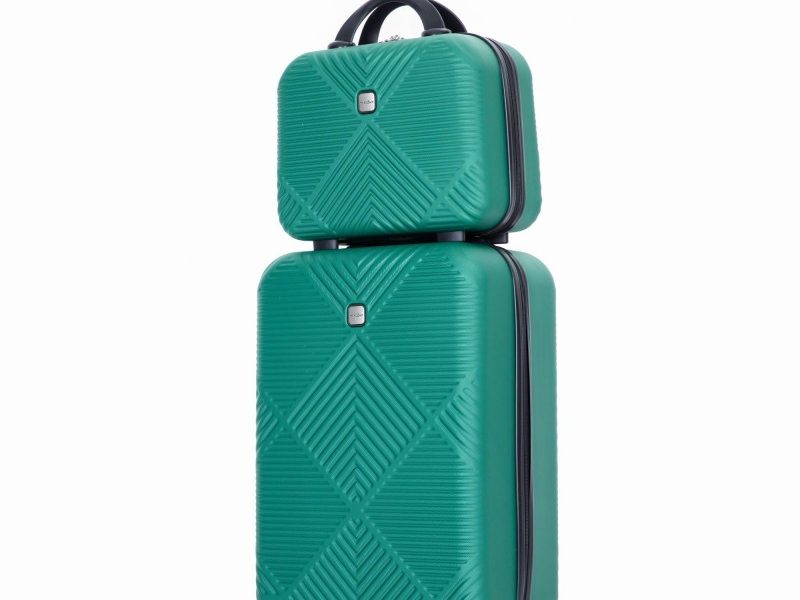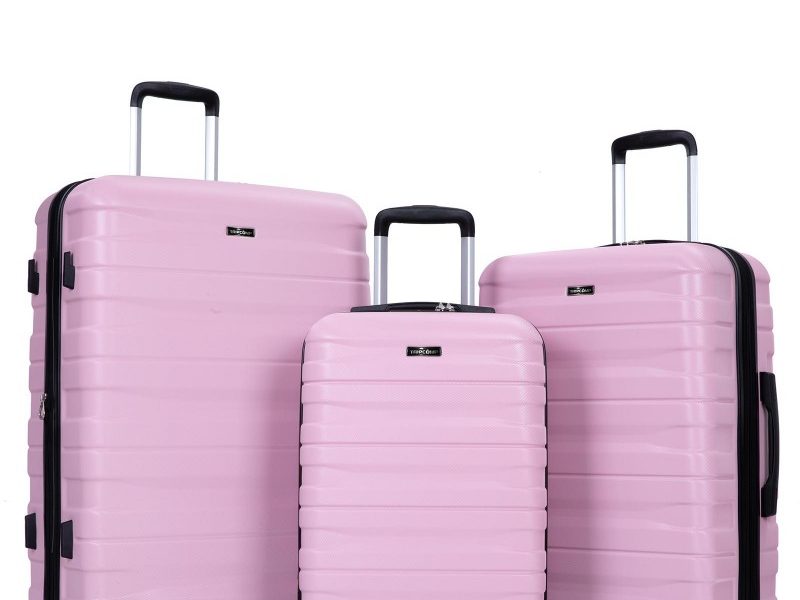Selecting the right suitcase can make a great difference in your travel experience, especially when it comes to suitcase weights. We all want to travel with our essentials—clothing, toiletries, gadgets, and more—without exceeding airline weight limits. This is crucial not just for convenience but also for saving costs associated with overweight baggage fees. Understanding suitcase weights is an essential aspect of travel logistics that can significantly determine how stress-free your journey will be. Different airlines have varying restrictions on luggage weight, making it imperative to know how much your suitcase weighs when fully packed. In this article, we will dive into the varying factors affecting suitcase weights, provide guidelines for efficient packing, discuss the importance of considering suitcase weights, and review practical tips on how to ensure your luggage meets airline standards. By the end of this comprehensive guide, you’ll be equipped with the knowledge you need to breeze through the check-in process without a hitch.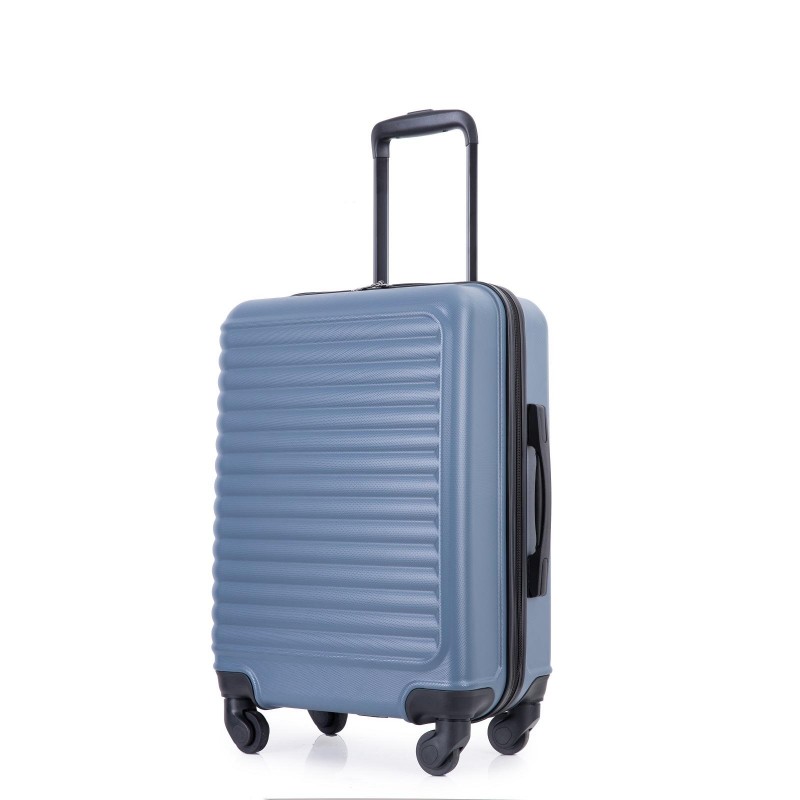
The Importance of Being Aware of Suitcase Weights
Understanding suitcase weights is not only about avoiding extra charges; it also contributes to a better structured travel experience. Airlines enforce strict baggage policies that can affect your plans if overlooked.
Cost Implications
Exceeding suitcase weight limits can come with costly repercussions. Fees for overweight luggage vary by airline and can quickly add up, especially if you’re carrying multiple bags. Being informed about suitcase weights helps you avoid unnecessary expenses that can inflate your travel budget.
Convenience and Mobility
Heavy luggage can create logistical challenges during travel—whether navigating through airports or managing transfers. If you’re aware of suitcase weights, it allows for a more enjoyable and efficient travel experience. You can easily lift, maneuver, and store your suitcase during your travels.
Safety and Regulations
Regulatory safety concerns also play a role in suitcase weight limits. Airlines impose these limitations to ensure the safety of aircraft operation and luggage handling. Overweight bags can lead to injuries for baggage handlers, and insufficiently managed loads can compromise passenger safety.
Ease of Packing
Being mindful of suitcase weights prompts you to pack more thoughtfully. When you have to adhere to certain weight restrictions, you prioritize essential items and avoid the clutter that can accumulate in your luggage, ultimately leading to a more organized travel experience.
Different Types of Suitcases and Their Weight Considerations
When discussing suitcase weights, it’s important to recognize the various types of suitcases available on the market today, as each type has unique attributes concerning weight.
Hard-Shell Suitcases
Hard-shell suitcases are made from rigid materials such as polycarbonate or aluminum. While they provide robust protection for fragile items, these materials can add significant weight.
- Weight: Generally heavier than soft-sided suitcases, hard-shell options may have weight limits determined by the material used in their construction.
Soft-Sided Suitcases
Soft-sided suitcases are crafted from lightweight fabrics such as nylon or polyester, making them easily compressible and flexible.
- Weight: Typically lighter than hard-shell alternatives, soft-sided luggage allows for more packing adjustments based on the space available.
Carry-On Luggage
Carry-on luggage includes smaller bags specifically designed to fit in overhead compartments of aircraft.
- Weight: Restrictions on carry-ons usually allow for 15-20 pounds, but these can vary. Additionally, carry-ons should be lightweight to ensure easy handling.
Checked Luggage
Checked luggage is larger and designed for items that cannot be taken onboard.
- Weight: For checked bags, standard weight limits range from 50-70 pounds. Paying attention to suitcase weights becomes important for preventing fees during check-in.
Travel Backpacks
Travel backpacks are another alternative for luggage, often suitable for lighter travels and shorter trips.
- Weight: A good quality travel backpack can remain lightweight while providing enough space for essentials, typically under 50 liters.
Duffel Bags
Duffel bags are versatile and often lightweight, making them perfect for weekend getaways.
- Weight: Choosing the right material can keep the overall weight down, but it’s easy to overpack duffel bags without watching the weight.
Measuring Your Suitcase Weights
To keep things organized and avoid stress at the airport, knowing how to measure your suitcase weight accurately is necessary. Below are some methods for checking suitcase weights.
Using a Luggage Scale
Investing in a portable luggage scale is the most accurate way to weigh your bags. These scales are compact and easy to use.
- Weigh Your Bag: Follow the scale’s instructions to attach your suitcase.
- Secure the Scale: Lift the bag off the ground until it beeps or shows the weight.
- Avoid Overexertion: Be mindful of your safety, particularly with heavier bags.
Home Scale Method
If you’re without a luggage scale, you can use a standard bathroom scale.
- Weigh Yourself First: Step onto the scale, and note your weight.
- Weigh Yourself with the Suitcase: Step onto the scale holding your suitcase, and note that weight.
- Calculate: Subtract your initial weight from the combined weight to find the suitcase weight.
Accuracy Matters
For consistency, repeat the weighing method several times. Luggage weight can fluctuate depending on how items settle.
Weight Limits Set by Airlines
Different airlines have different suitcase weights, which can impact your travel plans. Understanding these limits is vital for preventing fees and ensuring you can bring all necessary items.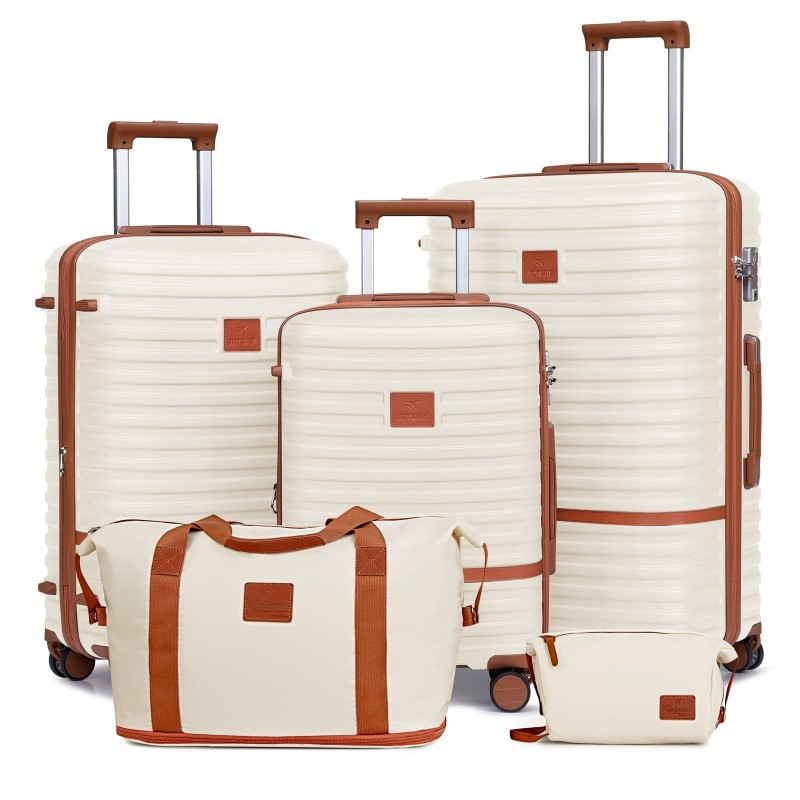
General Baggage Policies
Most airlines have general weight limits for both carry-on and checked luggage. Here’s a rough breakdown:
- Carry-On Bags: Typically allowed weight ranges from 15 to 22 pounds.
- Checked Bags: Usually allowed weight ranges from 50 to 70 pounds depending on class and airline.
International Travel Considerations
If you’re traveling internationally, be extra cautious. Weight limits and size restrictions can vary significantly between airlines, and they may have different policies concerning excess baggage fees. Always check before flying.
Loyalty Programs and Upgrades
Frequent flyers with loyalty programs may benefit from higher weight limits or extra luggage allowances. If you frequently travel, consider signing up for frequent flyer programs, which can alleviate some luggage restrictions.
Smart Packing Tips to Optimize Suitcase Weights
Incorporating smart packing techniques can help you maximize suitcase weights and minimize bulk, allowing you to travel efficiently.
Create a Packing List
Before packing, create a well-organized list of items you’ll need for your trip. This list will help prevent overpacking and ensure you only carry essentials.
Choose Versatile Clothing
Opt for clothes that can be mixed and matched to create multiple outfits, minimizing the number of items you pack. Fabrics that are wrinkle-resistant and lightweight are great choices.
Roll, Don’t Fold
Rolling clothing can save space and reduce weight. This technique also helps to minimize creasing, so your items look fresh upon arrival.
Use Compression Packing Cubes
Compression packing cubes can significantly reduce the volume of your clothing, allowing you to pack more efficiently without exceeding weight limits.
Limit Heavy Items
Consider leaving heavy items behind or purchasing them at your destination. Toiletries, for instance, can often be bought at local stores, saving space in your suitcase.
Weigh as You Go
Keep your luggage scale handy and check your suitcase weight as you pack to avoid surprises. This practice gives you the opportunity to adjust as you go.
Layer Up
Wearing heavier clothing during travel is an excellent way to save suitcase weight. This could include jackets, boots, or other bulkier items that might otherwise eat up space.
Essential Tools for Managing Suitcase Weights
Using the right tools can simplify the process of managing suitcase weights, making travel smoother and more enjoyable.
Luggage Scales
As mentioned, a digital luggage scale is an invaluable tool for travelers. Compact and portable, a reliable luggage scale is a must-have for frequent flyers.
Packing Cubes
Investing in packing cubes helps keep your suitcase organized. They come in various sizes and can help compartmentalize your belongings while lightening your load by compressing clothing.
Travel Apps
Consider using travel apps that help you track packing lists, weight, and itineraries. These tools assist in maintaining organization and controlling suitcase weights while traveling.
Suitcase with Built-In Scale
Some modern suitcases come equipped with built-in luggage scales that display the weight right on the handle. This design element can significantly ease the packing process.
Dealing with Overweight Suitcases
Despite planning, it’s not uncommon to find that your suitcase is overweight before a trip. Here are steps to manage this situation effectively.
Unpack and Reorganize
When facing an overweight suitcase, open it up and assess what you truly need. Remove non-essential items or swap heavier items for lighter alternatives.
Transfer to a Lighter Bag
If possible, consider transferring items into a lighter bag, as certain types of luggage can be more heavy than others. Carrying a small tote or handbag may give you extra weight allowance without additional costs.
Use Carry-On Space
Take advantage of the airline’s carry-on policy by packing some items into your carry-on bag, thus distributing the weight more evenly.
Mail or Ship Items
For longer trips, consider mailing some of your belongings ahead of time, especially if they will not be needed immediately upon arrival. This requires planning but can save you from excess baggage fees.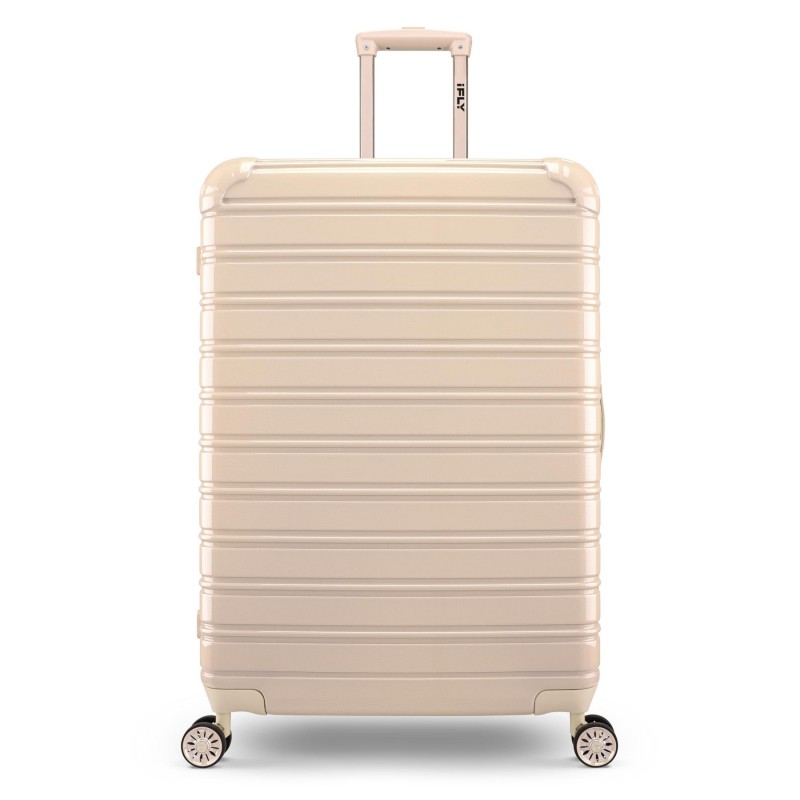
Conclusion
Suitcase weights are an often underestimated yet crucial aspect of travel that can dramatically influence your experience. Knowing the specifics of your airline’s weight limits, selecting the right suitcase type, and employing smart packing techniques can make travel easier and more enjoyable.
With the increasing rates for exceeding luggage limits, being aware of how to manage suitcase weights is not only a financial consideration but a practical one that contributes to overall travel comfort. Whether through investing in the right tools or adopting clever packing strategies, travelers can optimize their luggage for efficiency without compromising on necessary items.
Ultimately, informed travelers who understand suitcase weights can not only prevent last-minute stress at check-in but can also navigate their journeys with ease and style. Empower yourself with the knowledge of suitcase weights and embark on your travels prepared to make the most of every adventure.
